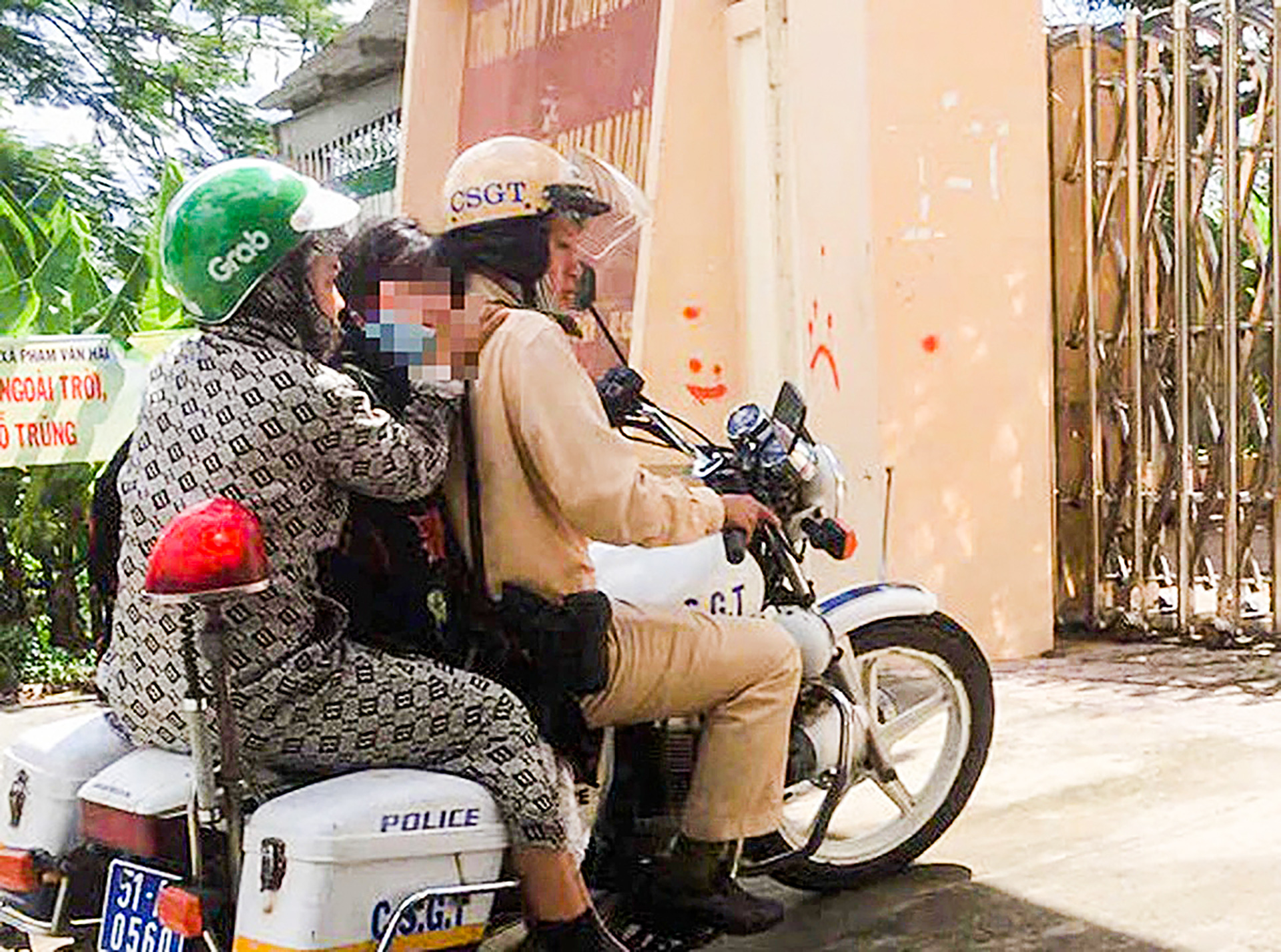
Traffic police used a special vehicle to take the victim to Pham Van Hai Commune Health Station for first aid - Photo: CACC
After the motorbike collision, Ms. LTTP fainted and had convulsions due to hypocalcemia. Luckily, at that time, two traffic police officers from Binh Chanh District, Ho Chi Minh City promptly discovered her and took her to the emergency room.
At Pham Van Hai Commune Health Station, medical staff informed that the victim had hypocalcemia, and when the unexpected incident occurred, he fainted and had convulsions. If not given timely first aid, his life could be in danger.
Many people wonder who can get hypocalcemia, why does this condition occur?
Talking to Tuoi Tre Online about this issue, Dr. Nguyen Trong Hung, National Institute of Nutrition, said that hypocalcemia is a condition in which the calcium concentration in the blood is below the allowable limit, causing symptoms of numbness in the limbs, dizziness, even convulsions and fainting.
However, when these symptoms appear, they need to be carefully checked to avoid misdiagnosis with diseases such as hypoglycemia.
Hypocalcemia is commonly found in people with a calcium-deficient diet, whose bodies have reduced calcium absorption due to vitamin D deficiency, or intestinal resection. Or in people with other diseases such as endocrine disorders, post-treatment thyroid cancer, chronic calcium malabsorption syndrome, etc.
What are the symptoms of hypocalcemia?
According to Dr. Hung, mild hypocalcemia in adults often has unclear symptoms. As the disease progresses, there will be signs such as increased tendon reflexes, abdominal pain, and irregular heartbeat.
Psychologically, there may be depression, irritability with others, drowsiness or feeling sluggish and lazy. The patient may also experience seizures and muscle spasms.
Hypocalcemia in children, especially infants, will manifest as not wanting to breastfeed, being fussy, irritable, drowsy, and having poor appetite. In addition, there are tendon reflexes and muscle contractions similar to those in adults.
In addition, some symptoms of acute hypocalcemia that patients often encounter include convulsions and severe muscle spasms. These cases must be promptly taken to the emergency room for timely medical treatment.
In addition, some other causes can also cause hypocalcemia such as high blood phosphorus levels; people with kidney disease; heavy alcohol and tobacco users.
Or due to an unbalanced diet, lacking foods containing calcium and vitamin D; low blood albumin and magnesium levels; pancreatitis. In addition, people after surgery are also at risk of hypocalcemia.
What to do to prevent hypocalcemia?
Dr. Hung recommends that people with hypocalcemia should consult a doctor. Because depending on the cause of hypocalcemia, doctors will have different treatment instructions.
In case of hypocalcemia due to calcium deficiency, it is necessary to add foods rich in calcium and vitamin D to the diet, and can take calcium and vitamin D supplements. In addition, we can supplement through foods rich in calcium and vitamin D such as cheese, almonds, nuts, beans, yogurt, shrimp, salmon, oysters...
In addition, regularly exercise , improve health, play some sports that are good for bones such as walking, swimming, basketball...
You should quit smoking because smoking causes calcium loss. Smokers often excrete more calcium through urine than normal people.
In addition, some subjects are susceptible to hypocalcemia such as pregnant women, people after surgery, need to pay attention to health monitoring, regular health check-ups to be examined and treated promptly.
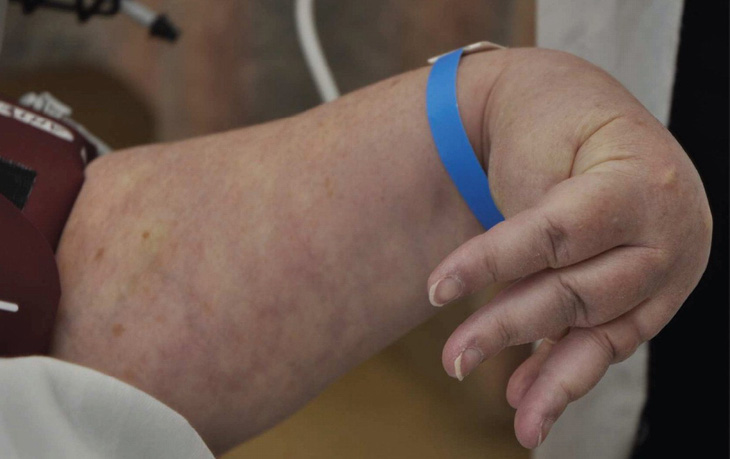 Hypocalcemia should not be ignored.
Hypocalcemia should not be ignored.Source: https://tuoitre.vn/ha-canxi-mau-benh-ly-de-dot-ngot-ngat-xiu-co-giat-20240920184712438.htm


![[Photo] General Secretary To Lam receives US Ambassador to Vietnam Marc Knapper](https://vphoto.vietnam.vn/thumb/1200x675/vietnam/resource/IMAGE/2025/9/29/c8fd0761aa184da7814aee57d87c49b3)
![[Photo] The 1st Congress of Phu Tho Provincial Party Committee, term 2025-2030](https://vphoto.vietnam.vn/thumb/1200x675/vietnam/resource/IMAGE/2025/9/30/1507da06216649bba8a1ce6251816820)
![[Photo] Solemn opening of the 12th Military Party Congress for the 2025-2030 term](https://vphoto.vietnam.vn/thumb/1200x675/vietnam/resource/IMAGE/2025/9/30/2cd383b3130d41a1a4b5ace0d5eb989d)

![[Photo] General Secretary To Lam, Secretary of the Central Military Commission attends the 12th Party Congress of the Army](https://vphoto.vietnam.vn/thumb/1200x675/vietnam/resource/IMAGE/2025/9/30/9b63aaa37ddb472ead84e3870a8ae825)

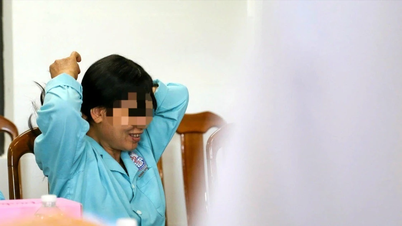

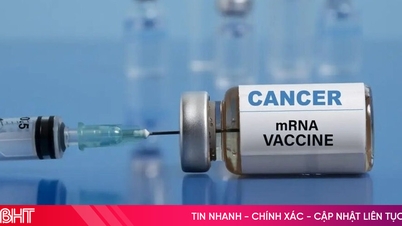






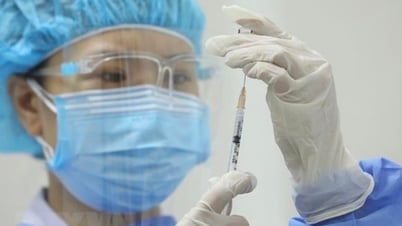
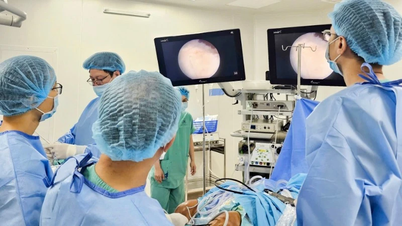




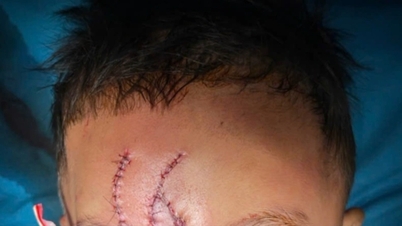

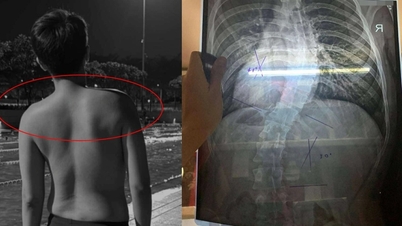










![[Photo] General Secretary To Lam attends the ceremony to celebrate the 80th anniversary of the post and telecommunications sector and the 66th anniversary of the science and technology sector.](https://vphoto.vietnam.vn/thumb/1200x675/vietnam/resource/IMAGE/2025/9/29/8e86b39b8fe44121a2b14a031f4cef46)





























































Comment (0)